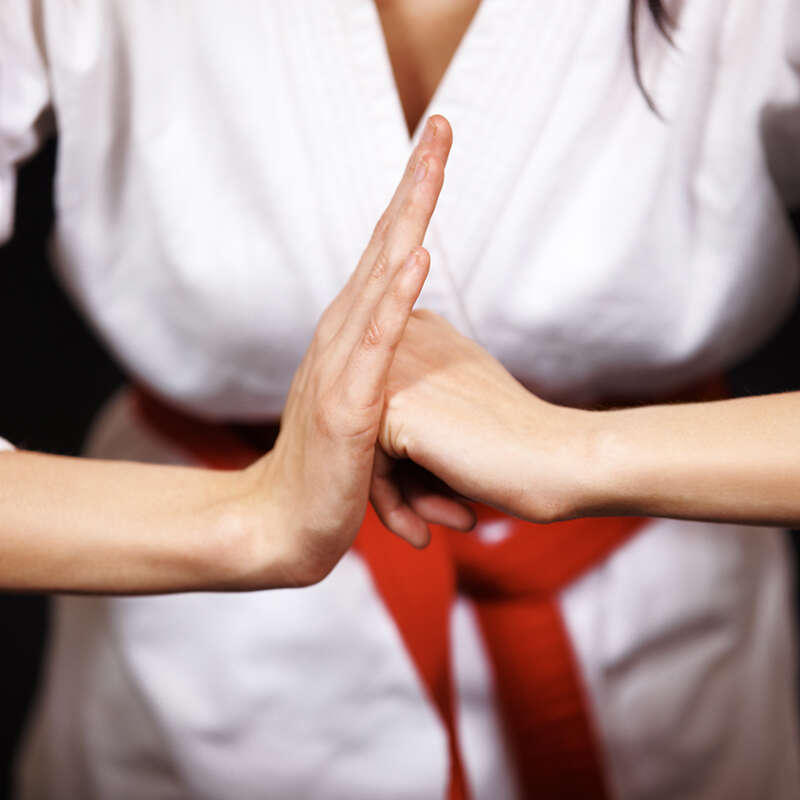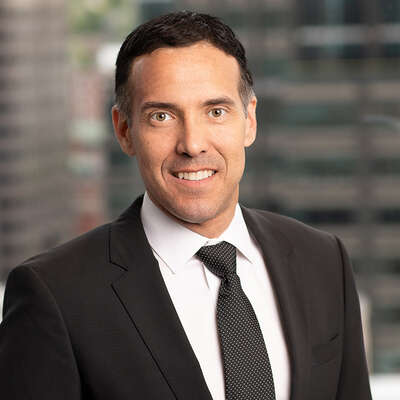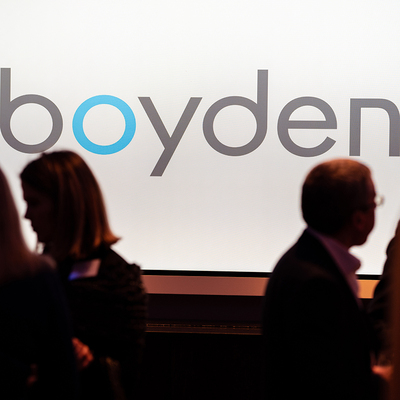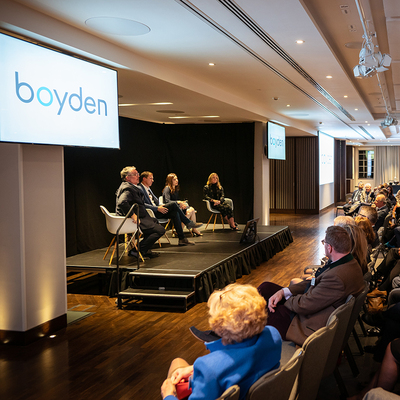
After more than 33 years of practicing and teaching the art of karate, martial arts have taught me many things: discipline, focus, humility, respect. Now, as an executive headhunter, I can’t help but see how coaching a candidate for an interview is similar to training students for a match. Here’s some valuable advice you can take from the dojo to improve your own interview skills.
The Art of Preparation
Knowing yourself helps you leverage your personal strengths. In karate, someone who’s very tall can take advantage of his/her longer reach, while a smaller person can be more grounded, having a lower center of gravity. Before an interview, you need to be self-aware of your own accomplishments, strengths, likes and dislikes, as well as your personal aspirations. Using this information, assess if the job opportunity is the right fit. You should be able to quickly align your experiences relevant to the position.
In martial arts, mental visualization isn’t just “a New Age thing”. It’s about having a plan. If you know you’ll be facing five sparring partners in the next half hour, you’ll think about how to spend your energy. You’ll remind yourself to pay attention to your technique and correct weaker points. Similarly, visualizing for an interview includes things such as researching the position, the organization and its directors, preparing key questions to confirm your interest, but also basics like the time it’ll take to drive there, if there’s parking nearby, and what you’ll wear.
A good fight is like a dance, with partners trading attacks, dodges and parries. In the same way, an interview shouldn’t be a one-way conversation—make sure to plan relevant questions of your own. Each one should advance you closer to the desired outcome. Keep in mind you’re not only seeking actual answers to your questions, but also demonstrating that you’ve done your research, that you have valuable insight and that you are genuinely interested.
Never Underestimate Who You’re Facing
When meeting an unknown sparring partner, you’ll do a quick visual assessment. Do they seem tall? Bulky? Confident? Alert? In an interview, people will judge you based on what they see, so make sure to keep a good posture, look them in the eye and don’t be afraid to smile. It’s easy to get caught up in all the preparation and forget we’re all humans.
Be confident, but not cocky. Don’t underestimate who you’re facing. Be aware. During a fight, all your attention is focused on your partner. In an interview, listen closely to questions and keep an eye out for nonverbal clues, like the interviewer’s reaction when you answer.
Fluidity of exchange in both fight and interview is important. Think of the question as an ‘attack’ and every answer, as a defensive maneuver that should be followed with a response. When someone throws a punch, you can outright block it, dodge the blow or “absorb” it and respond with an attack. With each question, choose carefully how you’ll respond. Answer in a way that fuels the conversation.
Respect in All Things
Always be honest and respectful, both in the dojo and in the boardroom. If I fight dirty and hurt my sparring partners, they’ll fear me, stay on the defensive and deny me opportunities to improve my own defense. If you show up late, unprepared and uninterested for an interview, it’s a lack of respect that may have long-term repercussions with the client and headhunter.
In karate, we salute the dojo both when entering and leaving. Few people do the same in an interview. Keep in mind that when sincere, it’s a powerful gesture. Start by sharing how excited you are about this opportunity and that you’re looking forward to seeing if the fit is right. Conclude by thanking people and reaffirming your interest (if that’s the case).
It’s important to remain honest about yourself, what you’ve done and what you enjoy. Because interpretation remains subjective. Reviewing all aspects of a job opportunity during a single interview is impossible. You will forget things, and so will the client. Answering questions untruthfully just muddles things even more.
Sometimes, you’ll do everything right, you’ll fight a good fight, but you won’t come out ahead. Don’t see it as a loss, see it as experience. There’s always someone better. Understand what you could improve, so that next time, you can be that someone.
Becoming the Best Version of Ourselves
When I help candidates prepare for an interview, I do so in a similar manner to how I trained students as a karate instructor. I help people become the best version of themselves. I help them assess their strengths, correct their weaknesses and stay true to their core values. I get feedback from both parties to help them prepare for the next round.
Because when you’re ready to work hard and put in the effort, you deserve every chance to win.
Read Sebastien's blog on LinkedIn:
https://www.linkedin.com/pulse/3-lessons-from-karate-take-your-next-job-interview-zuchowski/




